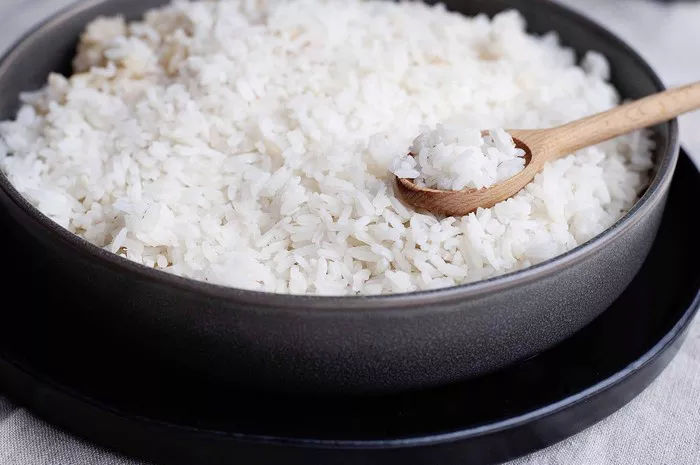Insulin resistance stands as a pivotal concept in understanding metabolic health. It’s a condition where cells fail to respond effectively to insulin, a hormone crucial for regulating blood sugar levels. This phenomenon leads to elevated blood sugar levels, potentially resulting in type 2 diabetes and other metabolic disorders.
Diet plays a crucial role in modulating insulin sensitivity and resistance. Consistently opting for a balanced diet rich in whole grains, vegetables, lean proteins, and healthy fats can effectively manage blood sugar levels.
Nutritional Profile of Rice
Rice, a staple food for many cultures worldwide, primarily comprises carbohydrates. Understanding its glycemic index (GI) and glycemic load (GL) helps gauge its impact on blood sugar levels and insulin response.
Glycemic Index of Different Rice Varieties
Different rice varieties exhibit varying glycemic indices. For instance, white rice typically has a higher GI than brown or wild rice. Basmati and jasmine rice fall in between, highlighting the importance of rice choice for managing insulin resistance.
Scientific evidence underscores the influence of rice consumption on insulin sensitivity and resistance. Studies reveal how the glycemic response to rice meals affects metabolic health, emphasizing the need for mindful consumption.
Beyond rice type, factors like portion size, cooking method, and food pairing also influence its impact on insulin resistance. Recognizing these variables helps tailor dietary choices for optimal metabolic health.
Health Benefits of Whole Grain Rice
Whole grain rice varieties, such as brown or wild rice, boast higher fiber and nutrient content compared to refined white rice. Their lower GI and sustained energy release offer potential benefits for managing insulin resistance.
Moderation and Balanced Intake
While rice can be part of a healthy diet, moderation is key, especially for individuals with insulin resistance. Balancing rice intake with other nutrient-dense foods promotes metabolic health and blood sugar control.
Individualized Approach
Dietary recommendations should be personalized based on individual health goals, blood sugar control, cultural preferences, and overall dietary patterns. Consulting with healthcare providers ensures tailored advice aligned with specific needs.
Encouraging individuals to seek guidance from healthcare providers, such as registered dietitians or endocrinologists, underscores the importance of a collaborative approach to managing insulin resistance through dietary choices.
Conclusion
In conclusion, understanding the nuanced relationship between rice consumption and insulin resistance empowers individuals to make informed dietary decisions that support overall metabolic health. By emphasizing moderation, variety, and individualization, individuals can navigate rice consumption while effectively managing insulin resistance under the guidance of healthcare professionals.
Related Topics:
What Chinese Medicine Is Good For Insulin Resistance?

























